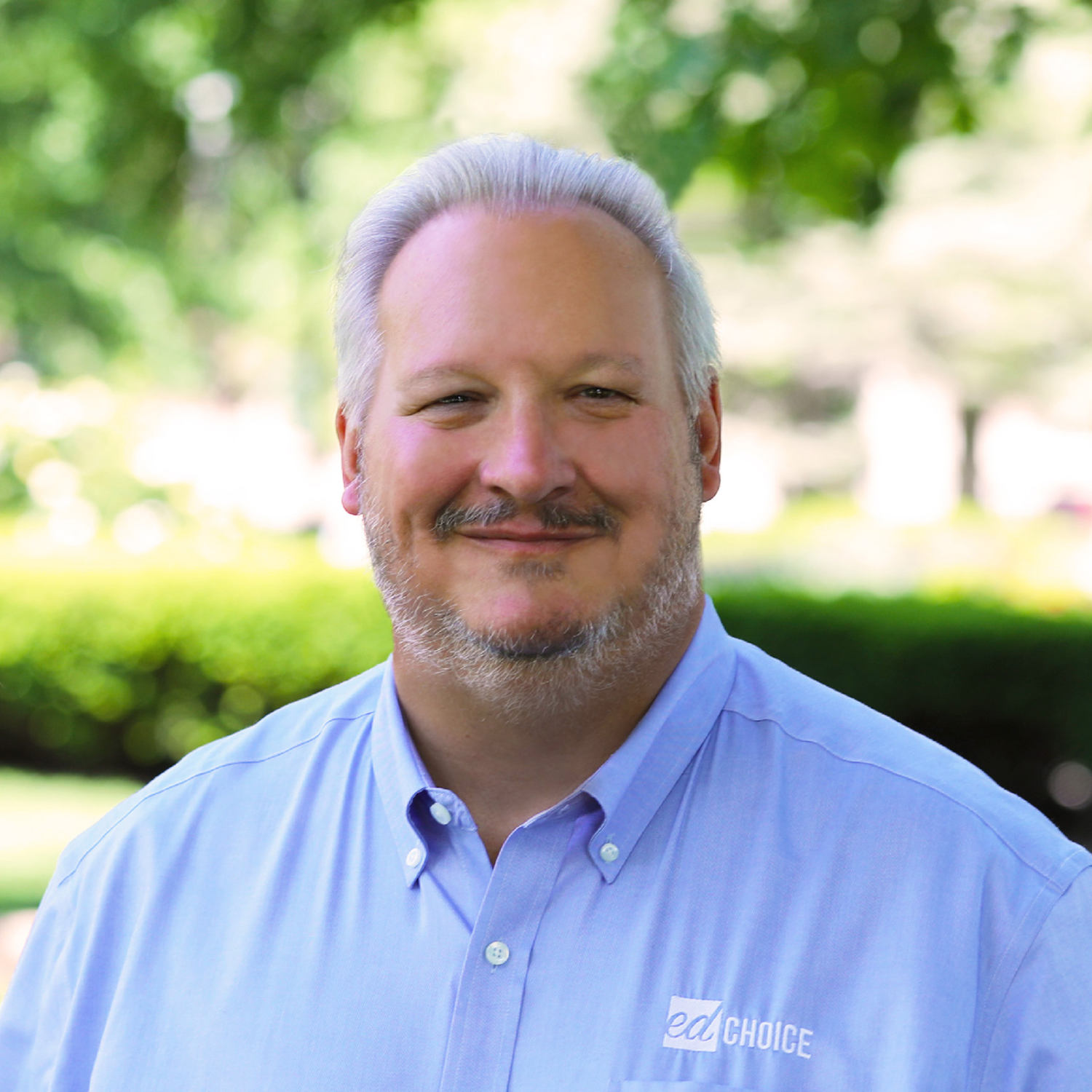Pope Francis’ Visit Should Open Minds to School Choice
For almost a week, Americans of all faiths—or of none—got a lengthy dose of a message of hope and charity. Pope Francis’ visit to the United States highlighted good will toward those in need, especially children and those with special needs. The Pope even visited a Catholic school that serves low-income students in Harlem.
The Pope’s visit may bring a change to the hearts and minds of many as we consider how to extend a hand to one another. And certainly that starts with children and families—the centerpiece of his visit.
If we truly are to follow the Pope’s guidance, then it’s time to put away our current thinking when it comes to educating children and offer them new opportunities. Parents of all walks of life need options so their children can obtain the best education possible and hope for a better future.
The only way we can do that is to offer all families school choice.
In the vast majority of neighborhoods across this country, children are assigned to a public school based on their address. Too often that means impoverished families and even homeless families are assigned to schools that are unable to meet their educational needs.
During his visit, the Pope paid particular attention to children with special needs, as we all should. Although public schools spend enormous amounts of money to provide great educational services for students with disabilities, far too many parents still are unhappy with their children’s progress. The U.S. Department of Justice, for example, is in the process of probing the state of Georgia for allegedly isolating students with special needs from other students in the classroom. No family should have to wait for a federal investigation or spend thousands in litigation to make critical decisions about their children’s schooling.
Even middle class families encounter obstacles when they are told there is only one option for their child. Too often we hear of stories where parents are unhappy because of the lack of discipline in a neighborhood school. Sometimes parents want another choice because their child needs a smaller class size and more individualized attention to learn. And in many cases, parents want their child in a school that shares their values.
Offering families an opportunity to access the best education possible through true school choice—whether that be in a public school, private school, at home, online, or otherwise—will only improve education for our younger generations and ultimately the future of our society.
The ability to move to a better school should not be exclusively for the wealthy who can move to better neighborhoods or who can afford tuition for private academies. Pope Francis seemed concerned about all families, and we, the public, should give everyone the opportunity to improve their lives.
School choice is helping only a small percentage of students across the country now.
Currently there are about 148,500 students utilizing school vouchers to transfer to a private school of their choice in one of 14 states and Washington, D.C. Another estimated 221,000 students are attending a private school in 16 states thanks to a tax-credit scholarship program. And about 3,000 students have utilized a new form of school choice known as education savings accounts (ESAs) in Arizona and Florida. ESAs put state education dollars into an account that parents can use to afford a customized set of education expenses. Mississippi and Tennessee also launched new ESA programs for children with special needs this fall, and in the coming school year, Nevada will open ESAs up to all of the state’s 453,000 public school students should they choose to participate.
But these are the fortunate few. The “have nots” in our education system are far easier to come by.
There are 49.5 million students in public schools, and virtually all of those students are assigned to a school based on their home address rather than their unique learning needs. For many, the quality of their education—and to a degree, their futures—feel out of their control.
If we truly are to show charity and compassion for those in need, turning to the children as Pope Francis did would be a great start as we look for ways to improve this nation for all. Giving families every opportunity possible would be the most generous way to serve students, whatever their needs and no matter their religion. With hope, Pope Francis’ message will remind policymakers to put those less fortunate first.




